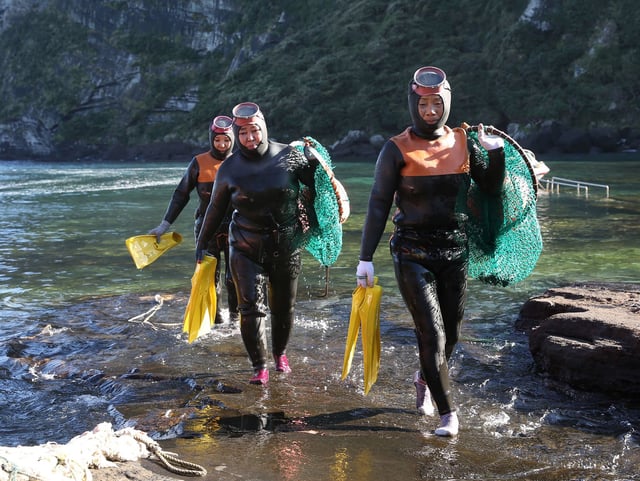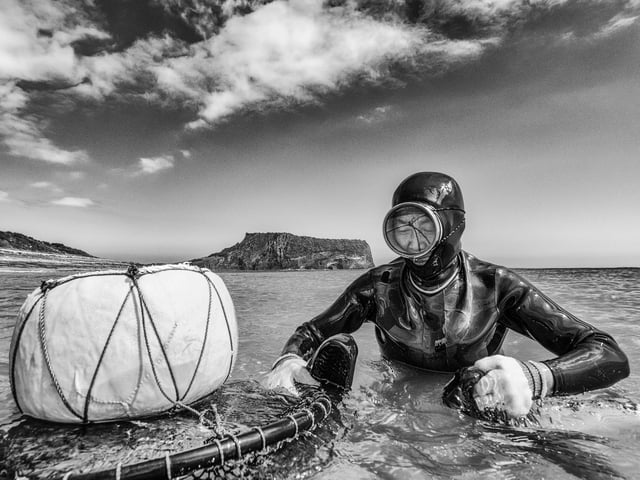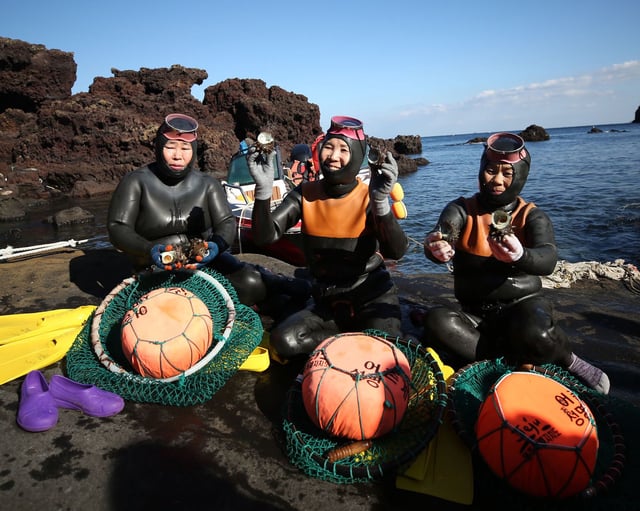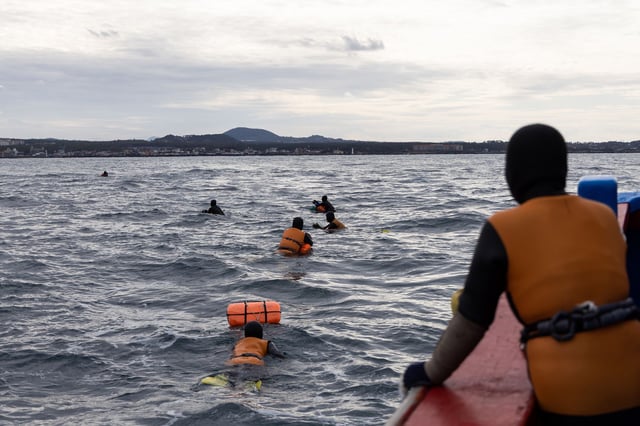Overview
- Researchers identified two genetic variants in Haenyeo divers that enhance cold tolerance and reduce diastolic blood pressure, aiding their ability to dive safely in extreme conditions.
- The study found that Haenyeo exhibit a pronounced dive reflex, with heart rates dropping by an average of 18.8 bpm during simulated dives, compared to 12.6 bpm in non-divers.
- One genetic variant may protect Haenyeo women from pregnancy-related blood pressure risks, enabling them to continue diving safely during pregnancy.
- The Haenyeo tradition, recognized as UNESCO Intangible Cultural Heritage, is at risk as the average diver age nears 70 and younger generations show little interest in continuing the practice.
- The findings could inspire medical advancements, including potential treatments for hypertensive disorders of pregnancy and stroke, by further exploring the physiological effects of these genetic traits.



